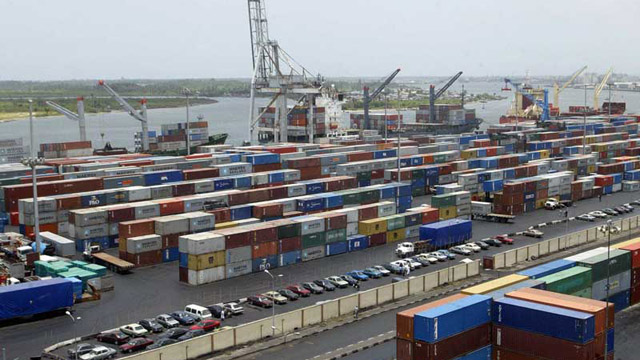
The Lagos Chamber of Commerce and Industry (LCCI) said that while the Tinubu-led administration has taken some tough fiscal decisions in the last 12 months, the economy has still not adjusted to several challenges like elevated inflation, persistent weakening of the naira, supply chain disruption and weak production base taking a toll on livelihood.
The chamber added that while policy choices have been liberal, especially as regards monetary authority, expected outcomes have not been recorded yet. Director-General, LCCI, Dr Chinyere Almona, went on to add that for the government to achieve its target of 3.37 per cent GDP growth, it must address issues around the power supply, rising cost of production, FX illiquidity and its impact on imported raw materials for manufacturers, make better choices of monetary instruments and deal with the security challenges that have impeded agricultural production and supply chain disruptions.
Almona stressed that despite consistent increases in the Monetary Policy Rate (MPR) in the last twelve months by the Central Bank of Nigeria (CBN) to curb inflation, it has remained unsuccessful. She said the prices of goods keep rising daily, with inflation rising from 22.22 per cent in April 2023 to 33.69 per cent in April 2024, over 10 per cent leap in twelve months.
This action, she said, has made borrowing costlier and constrained new credit for productive activities; weakened production and impeded new job creation. “We have consistently advised that rate hikes will not curb inflation without a corresponding fiscal intervention targeted at boosting agricultural production and industrial manufacturing. We would continue to advocate concessionary interventions for SMEs in Nigeria in the face of shrinking credit to the private sector,” she said.
Adding that Q1 of 2024 presented many challenges, with nominal GDP growth slowing to 8.21 per cent year-on-year, she said quarter-on-quarter growth dropped to -17.67 per cent, reflecting a contraction. Urging the government to fix the raging FX crises, adopt a lower exchange rate for import duties on imported raw materials for manufacturing, she said manufacturers must be given concessionary interest rates in the face of shrinking credit to the private sector and ensure of a stable and predictable policy environment.
“In the first year of President Tinubu’s administration, the agriculture sector was impacted heavily by insecurity, fuel subsidy removal and consistent exchange rate depreciation, which increased the cost of fertiliser and other input costs. The economic conditions have also been difficult for livestock producers and animals suffering from the high feed cost, herder-farmer crisis and so on.”












